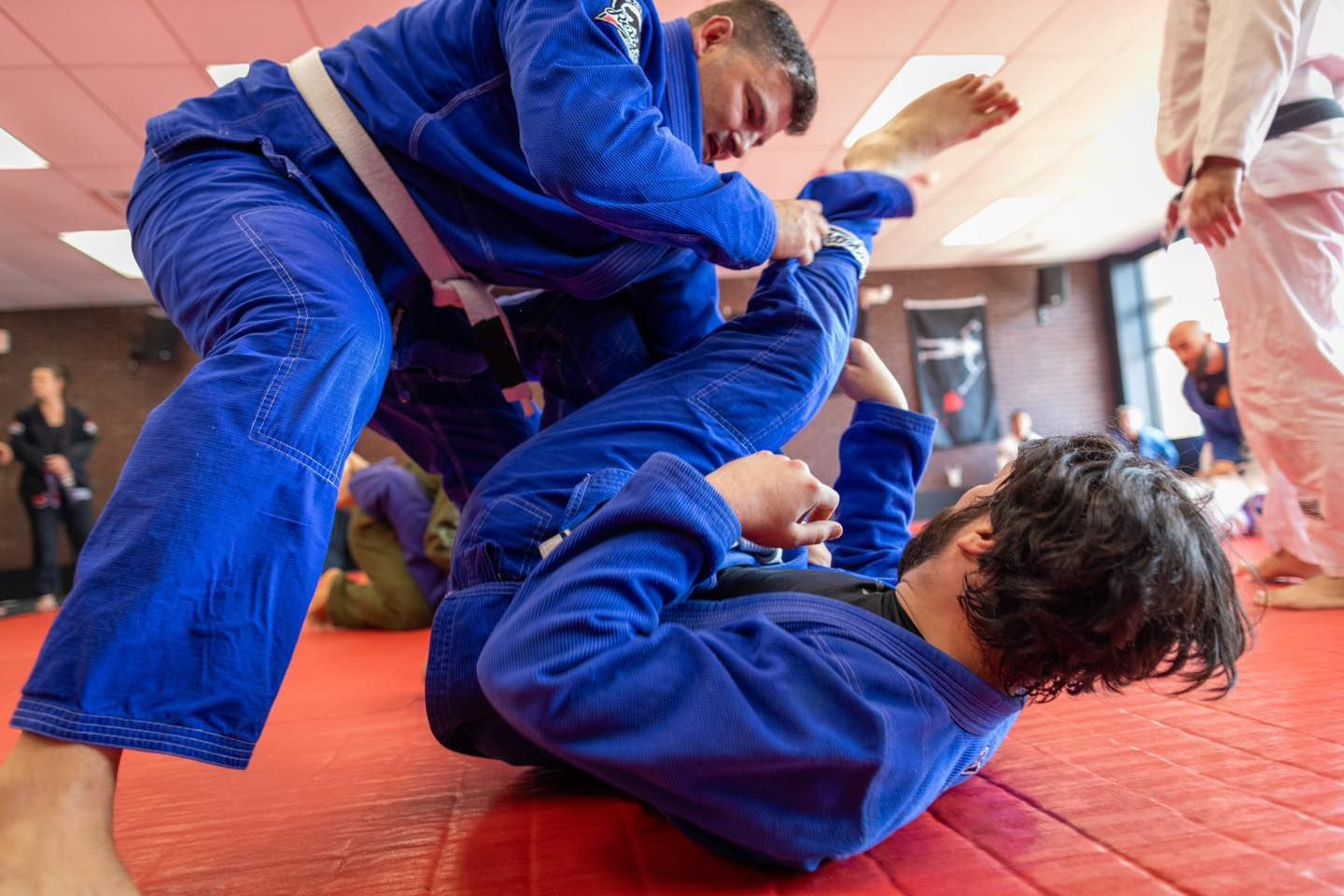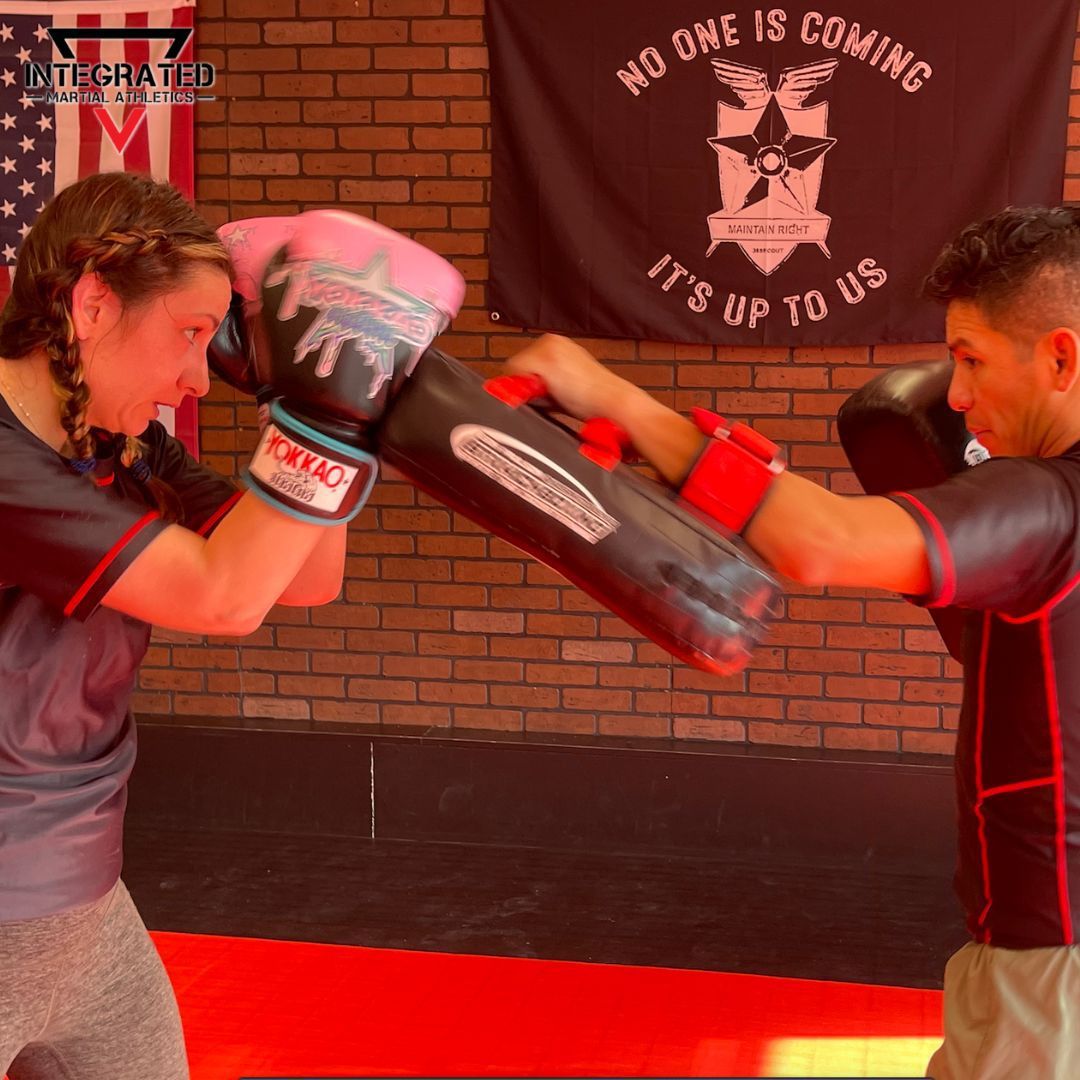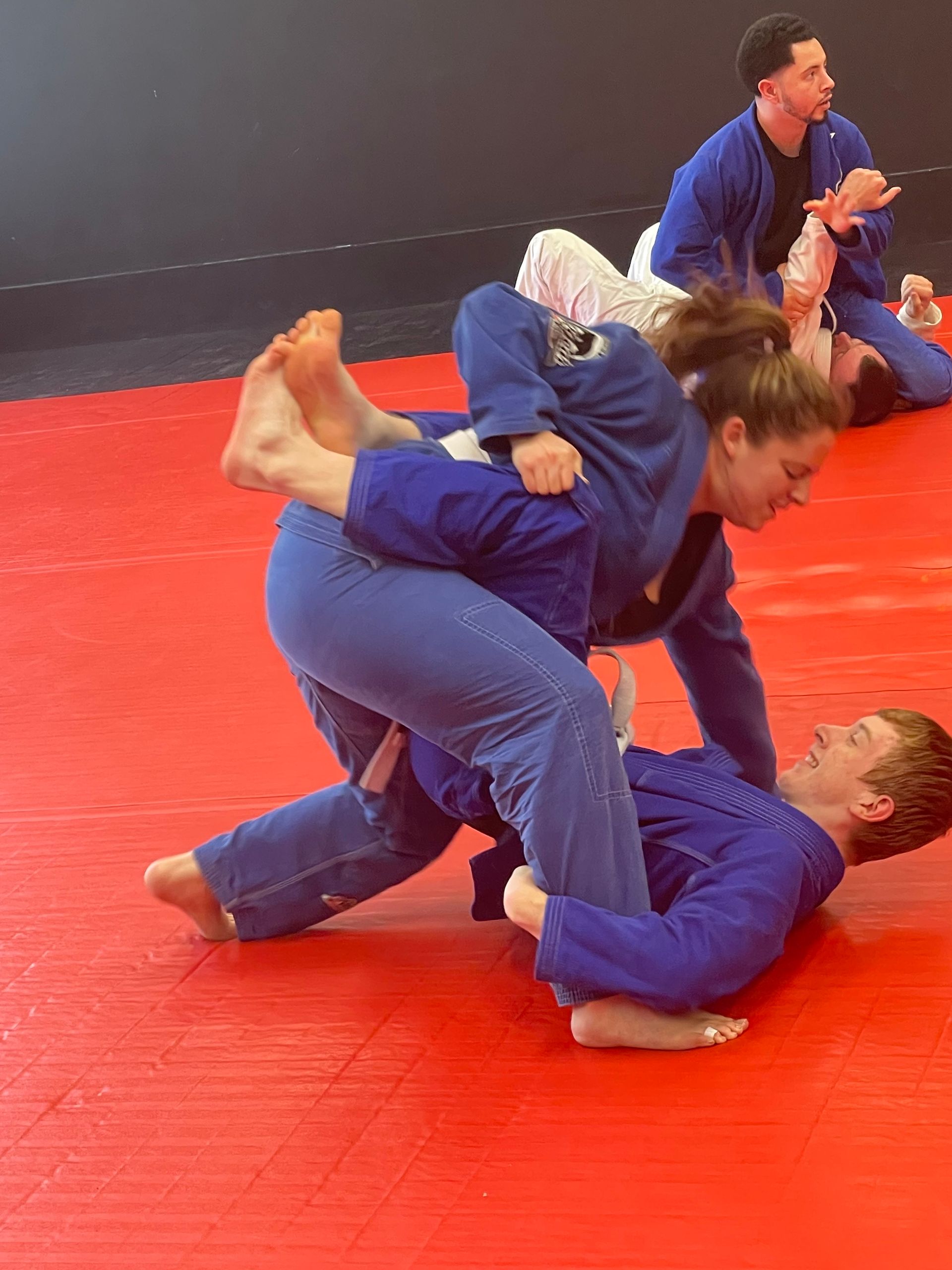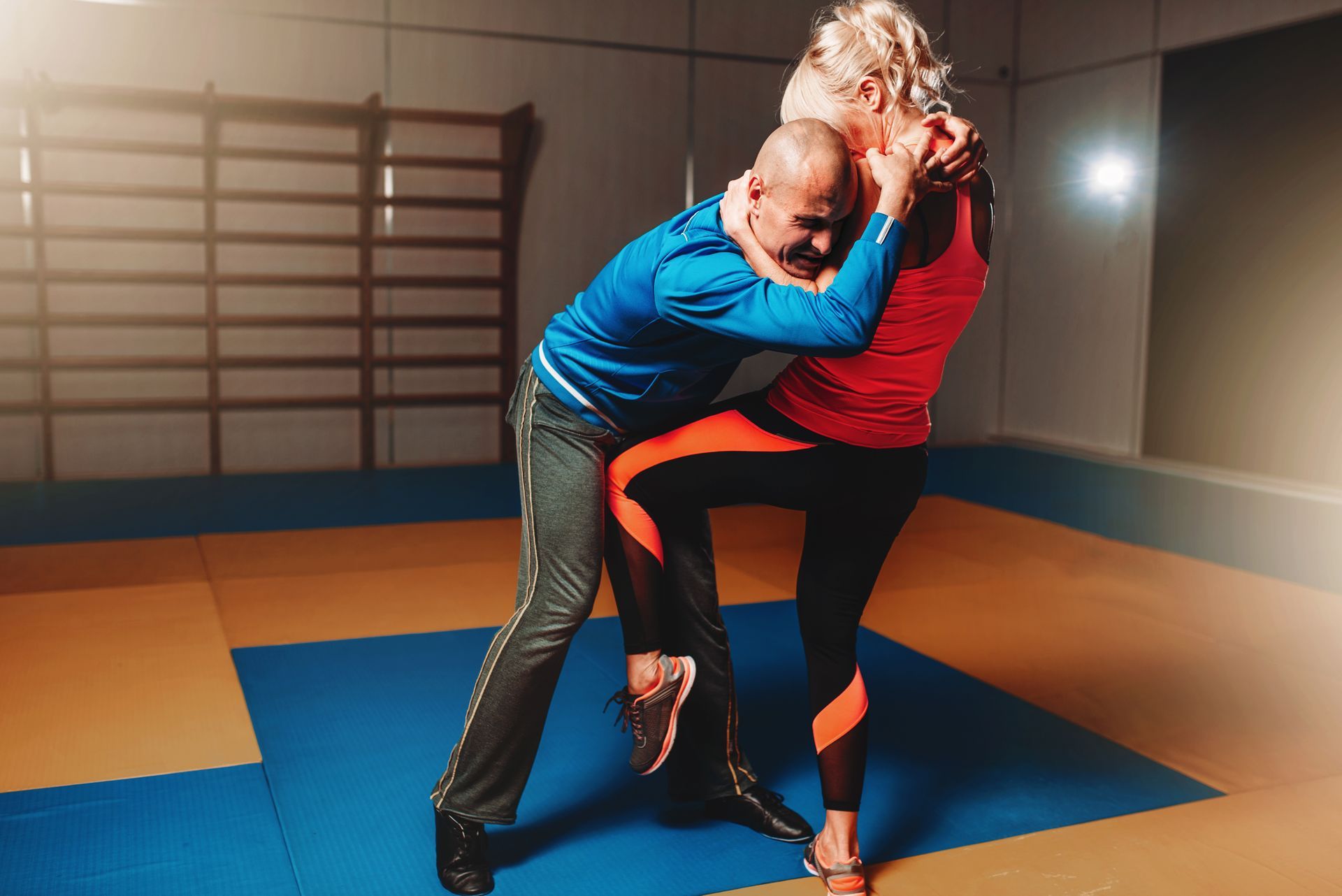Old School Wisdom vs New School Innovation: Which BJJ Approach Wins?
Old School Wisdom vs New School Innovation: Which BJJ Approach Wins?
Introduction:
Welcome, my friends, to the ongoing debate in the world of Brazilian Jiu-Jitsu: the clash between old school wisdom and new school innovation. As someone immersed in the BJJ world since the late 1990s, I’ve witnessed firsthand the evolution of this martial art and the divergent philosophies shaping it.
Understanding Traditional BJJ Philosophy:
In traditional BJJ philosophy, practitioners cherish the teachings passed down from the Gracie family. It’s about prioritizing fundamentals, self-defense, and efficient movement. Patience, timing, and technique reign supreme, emphasizing mastery through rigorous drilling and repetition.
Exploring Modern BJJ Philosophy:
As BJJ transcends borders, a new school of thought emerges, characterized by innovation and adaptation. Modern BJJ enthusiasts push boundaries, incorporating techniques from various grappling arts and refining strategies through intense competition.
Contrasting the Two Philosophies:
While traditionalists emphasize self-defense, modern practitioners gravitate toward competition-oriented techniques. Yet, neither approach holds absolute superiority. I’ve personally found value in both, integrating traditional foundations with modern innovations to enrich my game.
My Perspective:
Success in BJJ lies in finding a balance tailored to your strengths and goals. As I’ve learned, adaptability is key—your game evolves with age, experiences, and lifestyle. Embrace change, because Jiu-Jitsu works for you; you don’t work for Jiu-Jitsu.
Conclusion:
The debate between old school wisdom and new school innovation in BJJ isn’t about right or wrong but personal preference. Whether you lean towards tradition or innovation, continuous learning and growth define our journey. Embrace the wisdom of pioneers while forging new paths—it’s not about winning; it’s about the journey of self-discovery BJJ offers. Remember, Jiu-Jitsu works for you; you don't work for Jiu-Jitsu.







